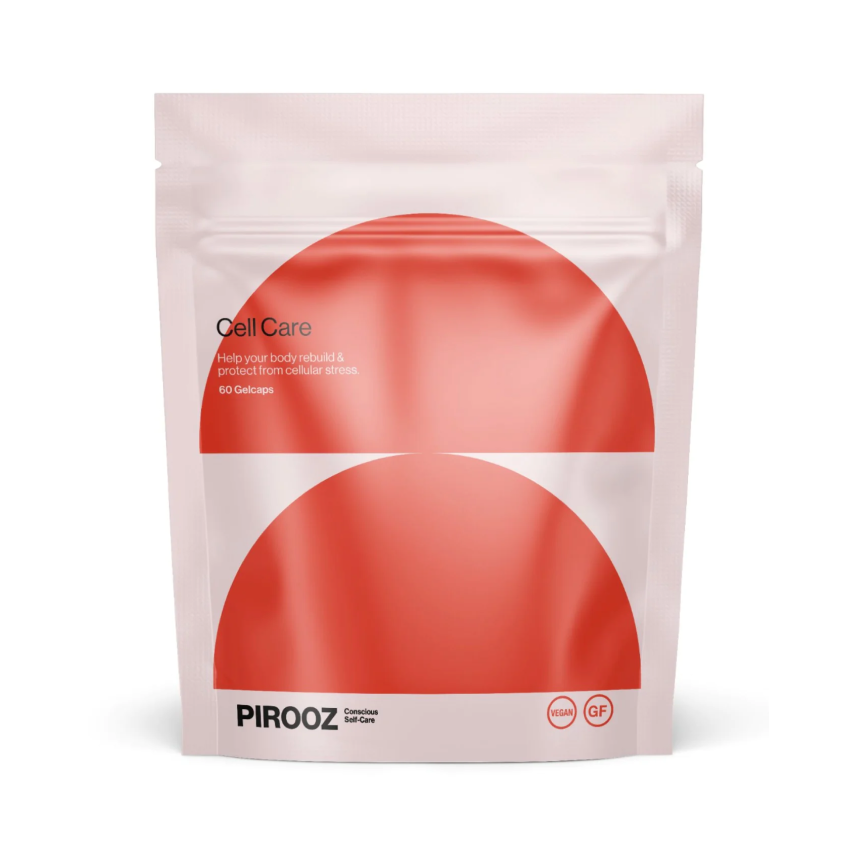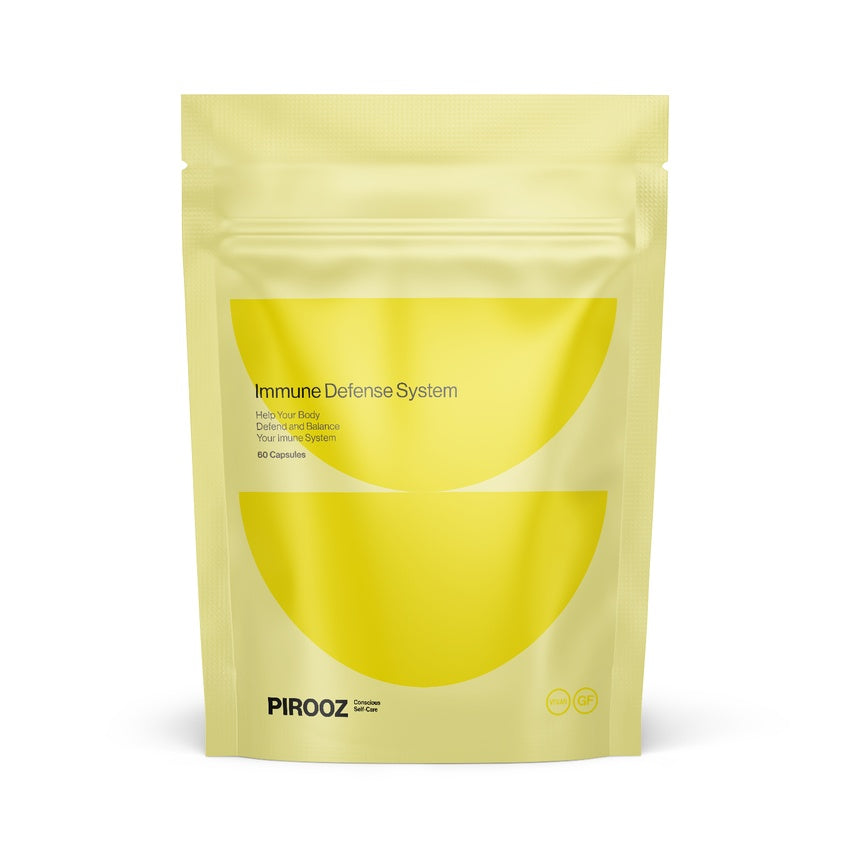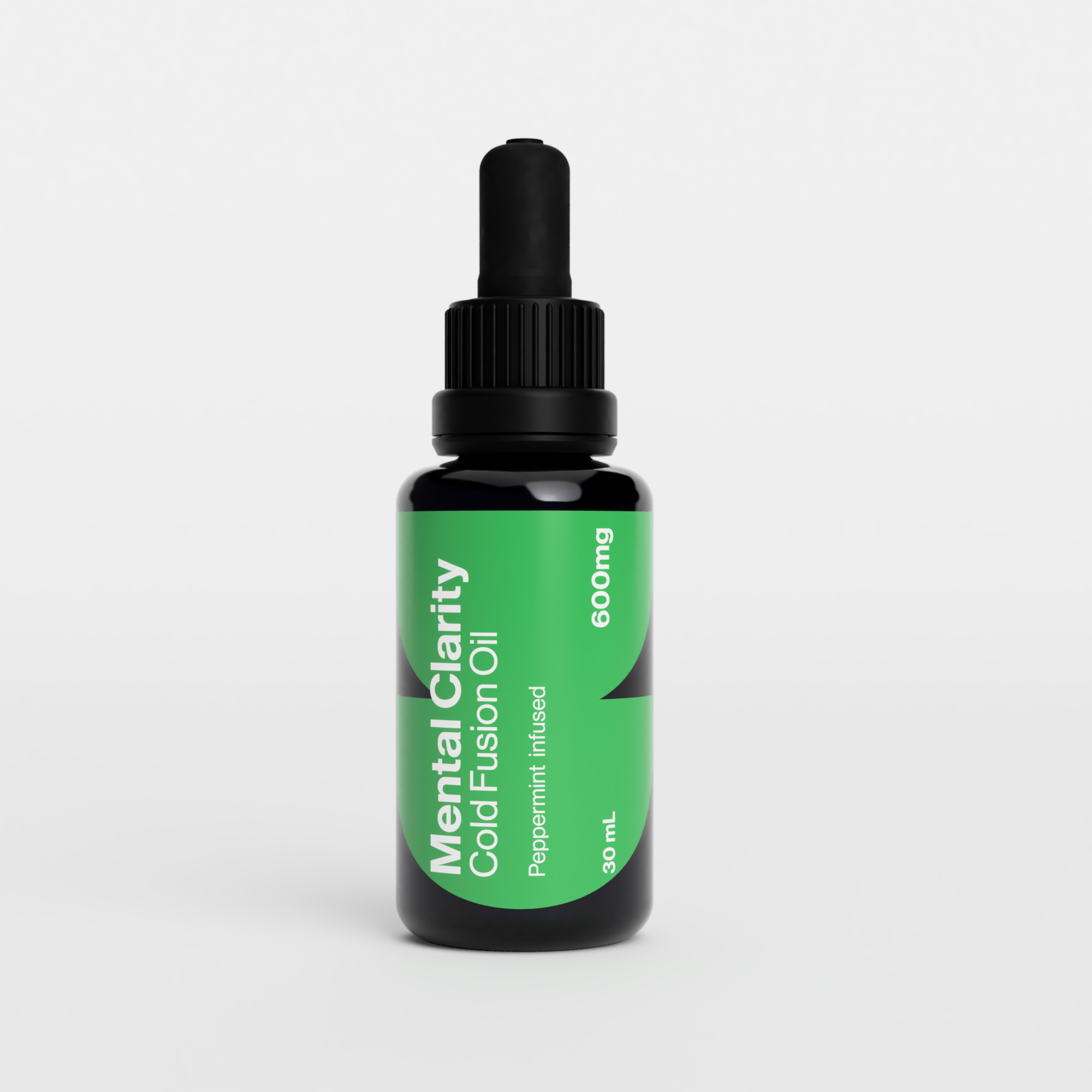Why do we need a robust immune system?
Antioxidants are molecules that neutralize free radicals—unstable molecules that can cause oxidative stress and damage to skin cells. Free radicals are produced by external factors like UV radiation, pollution, and lifestyle choices, as well as internal processes such as metabolism and inflammation. Over time, oxidative stress from free radicals can lead to premature aging, hyperpigmentation, and loss of skin elasticity. Incorporating antioxidants into your skincare routine helps to protect your skin from these damaging effects, supports the skin's natural repair processes, and enhances its overall appearance and health.Key Antioxidants and Their Benefits
A robust immune system is essential for maintaining overall health and well-being. Here are several reasons why we need a strong immune system:- Prevention of Infections: A strong immune system is crucial for preventing infections and reducing the risk of illnesses such as the common cold, flu, and respiratory diseases. By mounting a rapid and effective response to pathogens, the immune system helps keep us healthy and disease-free.
- Protection Against Chronic Diseases: In addition to fighting infections, the immune system also plays a role in preventing chronic diseases such as cancer, autoimmune disorders, and cardiovascular diseases. A properly functioning immune system can identify and destroy abnormal cells, control inflammation, and maintain tissue integrity.
- Overall, Health and Well-being: Beyond its role in fighting infections and diseases, the immune system contributes to overall health and well-being. It helps repair damaged tissues, regulates inflammation, and maintains homeostasis in the body. A strong immune system is essential for optimal health and vitality throughout life.
- Defense Against Pathogens: The primary function of the immune system is to protect the body against harmful pathogens such as bacteria, viruses, fungi, and parasites. A robust immune system recognizes and eliminates these invaders before they can cause infections or diseases.
- Faster Recovery: A robust immune system can help us recover more quickly, even if we become infected. By efficiently mounting a strong defense against pathogens and clearing them from the body, the immune system can shorten the duration and severity of illnesses.
- Response to Vaccines: Vaccines stimulate the immune system to produce an immune response against specific pathogens. A robust immune system is essential for generating a strong and long-lasting response to vaccines, protecting against infectious diseases.
The Importance of Sleep
Sleep, the cornerstone of restoration and rejuvenation, is pivotal in immune function. During sleep, our bodies undergo intricate processes to repair cellular damage, regulate inflammation, and replenish vital resources. Sleep is often overlooked as a crucial component of immune health, yet its impact on our body's defense system is profound. During sleep, our body undergoes essential processes that support immune function, including producing cytokines and proteins that regulate immune responses and help fight infections ( Besedovsky et al., 2019). Additionally, sleep deprivation has been linked to a decrease in immune cells, such as T cells and natural killer cells, making us more susceptible to infections (Irwin, 2019). Prioritizing quality sleep is, therefore, essential for maintaining a strong immune system.The Power of Nutrition
Next comes food, the fuel that powers our immune system and sustains our vitality. A balanced and nutrient-rich diet provides the raw materials for immune cell production, activation, and function. Vitamins, minerals, antioxidants, and phytonutrients found abundantly in fruits, vegetables, whole grains, and lean proteins play critical roles in supporting immune health. Nutrition is pivotal in supporting immune function, with certain nutrients acting as potent immune boosters. Vitamin C, found in citrus fruits and leafy greens, enhances the production of white blood cells, the frontline soldiers of our immune system (Carr & Maggini, 2017). Vitamin D, obtained from sunlight exposure and fortified foods, regulates immune cell activity and helps prevent autoimmune diseases (Arboleda et al., 2020). Zinc, found in nuts, seeds, and whole grains, supports immune cell function and aids in wound healing (Wessels et al., 2017). By fueling our bodies with diverse nutrients through a balanced diet rich in fruits, vegetables, whole grains, and lean proteins, we can provide the building blocks necessary for a robust immune response.Harnessing the Power of Sunshine
Sunlight is a rich source of vitamin D, a crucial nutrient known for its immune-modulating effects. Vitamin D is central in regulating immune cell activity, reducing inflammation, and promoting immune tolerance. However, modern lifestyles characterized by indoor confinement and sun avoidance have led to widespread vitamin D deficiency, compromising immune health. Spending time outdoors in sunlight, particularly during the midday hours when the sun's rays are strongest, can help optimize vitamin D levels and support immune function. Sunshine is a natural source of vitamin D, a crucial nutrient for immune health. When exposed to sunlight, our skin synthesizes vitamin D, vital in modulating immune cell function and reducing inflammation (Wacker & Holick, 2013). However, many people have insufficient vitamin D levels due to limited sun exposure, especially during the winter months or in regions with high levels of air pollution (Cashman et al., 2016).Let us dive into vitamins and minerals and their role in boosting the immune system -
Vitamin D -- Role in Immune Support- Vitamin D regulates the expression of genes involved in immune function and modulates the activity of immune cells, including T cells, B cells, and macrophages.
- It enhances the innate immune response by promoting the production of antimicrobial peptides that help fight infections.
- Vitamin D also has anti-inflammatory properties and helps maintain immune balance.
- Food Sources: Fatty fish (e.g., salmon, mackerel), fortified dairy products, fortified cereals, egg yolks, and mushrooms (when exposed to sunlight).
- Daily Recommendation: The RDA for vitamin D is 600-800 IU (international units) per day for most adults, but higher doses may be needed for individuals with deficiency or limited sun exposure.
- Zinc is involved in various aspects of immune function, including the development and function of immune cells, such as T and B cells.
- It helps regulate immune signalling pathways, including cytokine production and inflammation.
- Zinc also supports skin integrity and mucous membranes, which serve as barriers against pathogens.
- Food Sources: Shellfish (e.g., oysters, crab), red meat, poultry, beans, nuts, whole grains, and dairy products.
- Daily Recommendation: The RDA for zinc is 11 mg per day for adult males and 8 mg per day for adult females, but higher doses may be needed during times of increased need or deficiency.
- Vitamin C is a potent antioxidant that helps protect immune cells from oxidative stress and supports their function.
- It enhances the production and function of white blood cells, including lymphocytes and phagocytes, essential for fighting infections.
- Vitamin C also promotes the production of antibodies, proteins that recognize and neutralize pathogens.
- Food Sources: Citrus fruits (e.g., oranges, lemons), berries (e.g., strawberries, blueberries), kiwi, broccoli, bell peppers, spinach.
- Daily Recommendation: The recommended dietary allowance (RDA) for vitamin C is 75-90 mg daily for adults, but higher doses may be beneficial during illness or stress.
- Vitamin E is a powerful antioxidant that protects immune cells from oxidative damage and supports their function.
- It enhances the activity of natural killer (NK) cells, an immune cell that targets and destroys infected and cancer cells.
- Vitamin E also helps regulate immune signalling pathways and modulate inflammation.
- Food Sources: Nuts and seeds (e.g., almonds, sunflower seeds), vegetable oils (e.g., sunflower oil, safflower oil), spinach, broccoli, and avocados.
- Daily Recommendation: The RDA for vitamin E is 15 mg daily for adults, but higher doses may benefit immune health.
- Iron is essential for producing and functioning immune cells, including lymphocytes, which recognize and eliminate pathogens.
- It is a cofactor for immune cell proliferation, differentiation, and activation enzymes.
- Iron also plays a role in the production of antibodies and the regulation of inflammatory responses.
- Food Sources: Red meat (such as beef and pork), poultry (chicken, turkey), fish (such as tuna and salmon), beans and lentils, tofu, fortified cereals, spinach, and pumpkin seeds.
- Daily Recommendation: The RDA for iron varies by age and gender, with adult males needing 8 mg per day and adult females needing 18 mg per day (increased to 27 mg per day during pregnancy)
- Copper is involved in the development and function of immune cells, including neutrophils, macrophages, and T cells.
- It plays a role in regulating immune responses and inflammation, helping maintain immune balance.
- Copper is also required to produce antibodies and form connective tissue, which supports immune function.
- Food Sources: Shellfish (such as oysters and crab), organ meats (such as liver), nuts and seeds (such as cashews and sunflower seeds), beans, whole grains (such as barley and quinoa), and cocoa.
- Daily Recommendation: The RDA for copper is 900 mcg daily for adults.
- Selenium is a powerful antioxidant that helps protect immune cells from oxidative damage and supports their function.
- It plays a critical role in regulating immune responses and activating immune cells, including T cells and NK cells.
- Selenium also contributes to the production of antibodies and the maintenance of immune balance.
- Food Sources: Brazil nuts, seafood (such as tuna and shrimp), poultry (chicken and turkey), eggs, sunflower seeds, mushrooms, and whole grains (such as brown rice and oats).
- Daily Recommendation: For adults, the RDA for selenium is 55 mcg per day.
- Magnesium involves numerous biochemical reactions, including those related to immune function.
- It supports the function of immune cells, including lymphocytes and macrophages, by acting as a cofactor for enzymes involved in their activation and function.
- Magnesium also helps regulate inflammation and oxidative stress, contributing to immune balance and overall health.
- Food Sources: Leafy green vegetables (such as spinach, kale), nuts and seeds (such as almonds, pumpkin seeds), whole grains (such as brown rice, oats), legumes (such as beans, lentils), tofu, avocado, bananas.
- Daily Recommendation: The recommended dietary allowance (RDA) for magnesium is 400-420 mg daily for adult males and 310-320 mg daily for adult females.
- Manganese is a cofactor for enzymes involved in antioxidant defense, energy metabolism, and bone formation, indirectly supporting immune function.
- It helps protect immune cells from oxidative damage and supports their activation and function.
- Manganese also plays a role in collagen synthesis, essential for maintaining the integrity of the skin and mucous membranes, the body's first line of defense against pathogens.
- Food Sources: Whole grains (such as brown rice and oats), nuts and seeds (such as almonds and pumpkin seeds), legumes (such as beans and lentils), leafy green vegetables (such as spinach and kale), tea.
- Daily Recommendation: The adequate intake (AI) for manganese is 2.3 mg daily for adult males and 1.8 mg for adult females.
- Potassium is essential for maintaining fluid balance, nerve function, and muscle contraction, indirectly supporting immune function.
- It helps regulate blood pressure and cardiovascular function, essential for delivering nutrients and oxygen to immune cells.
- Potassium also plays a role in acid-base balance and pH regulation, influencing immune cell activity and function.
- Food Sources: Fruits (such as bananas, oranges, and cantaloupe), vegetables (such as potatoes, spinach, and tomatoes), dairy products (such as yoghurt and milk), beans, nuts, and seeds.
- Daily Recommendation: The adequate intake (AI) for potassium is 3400-3800 mg daily for adults.












